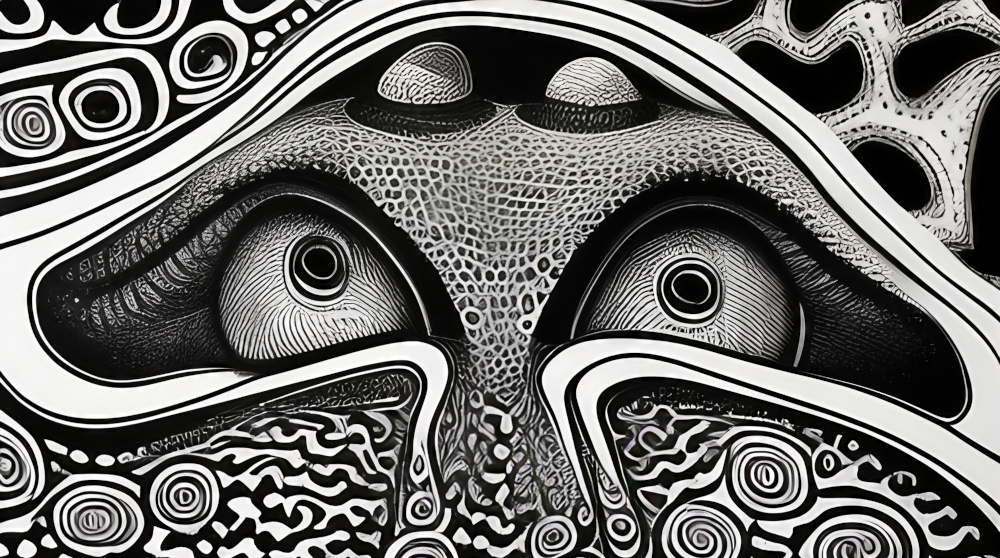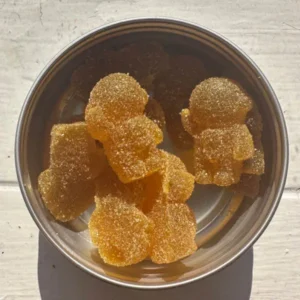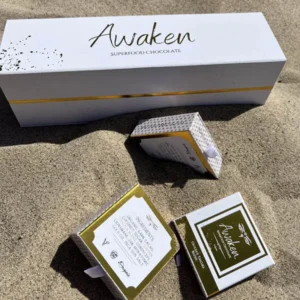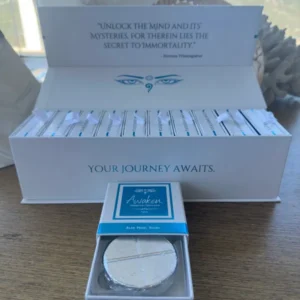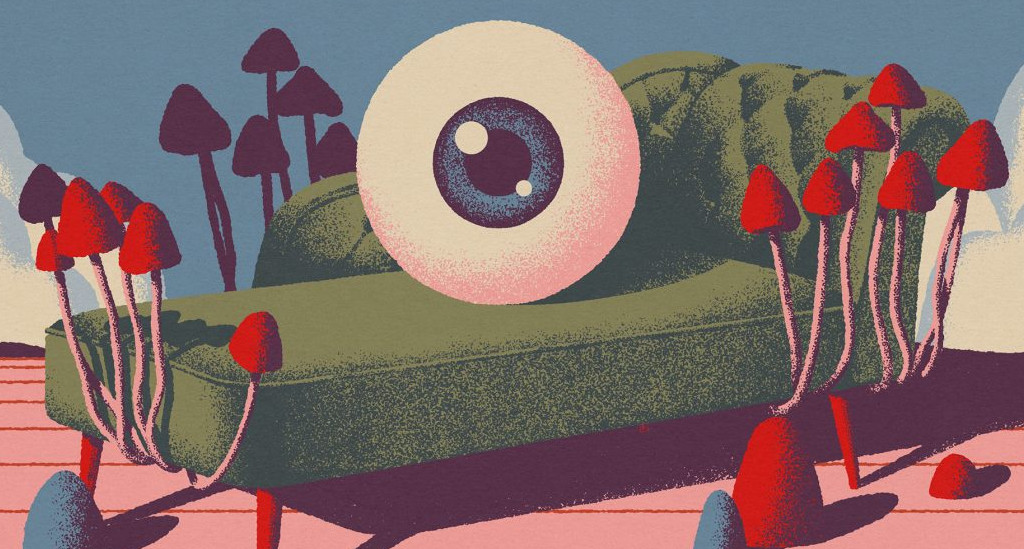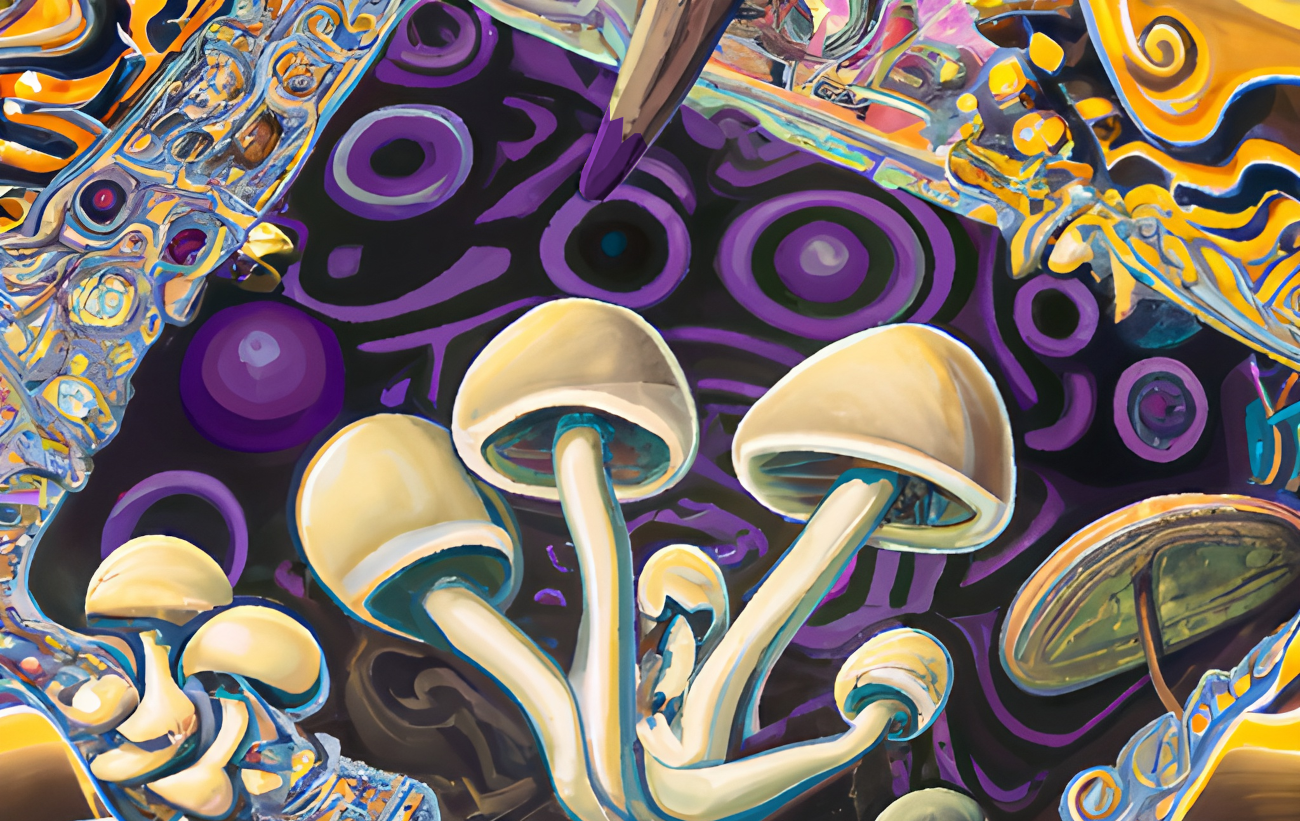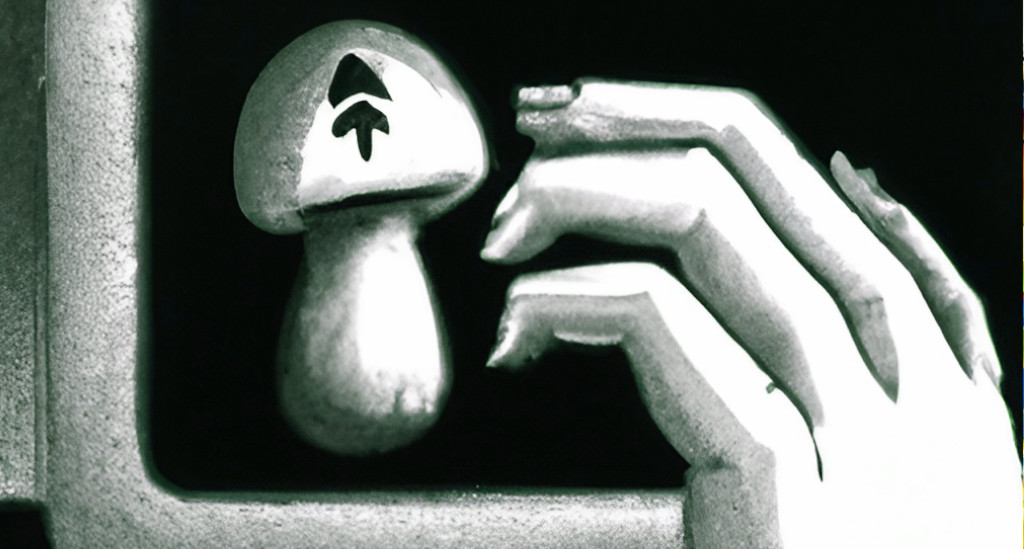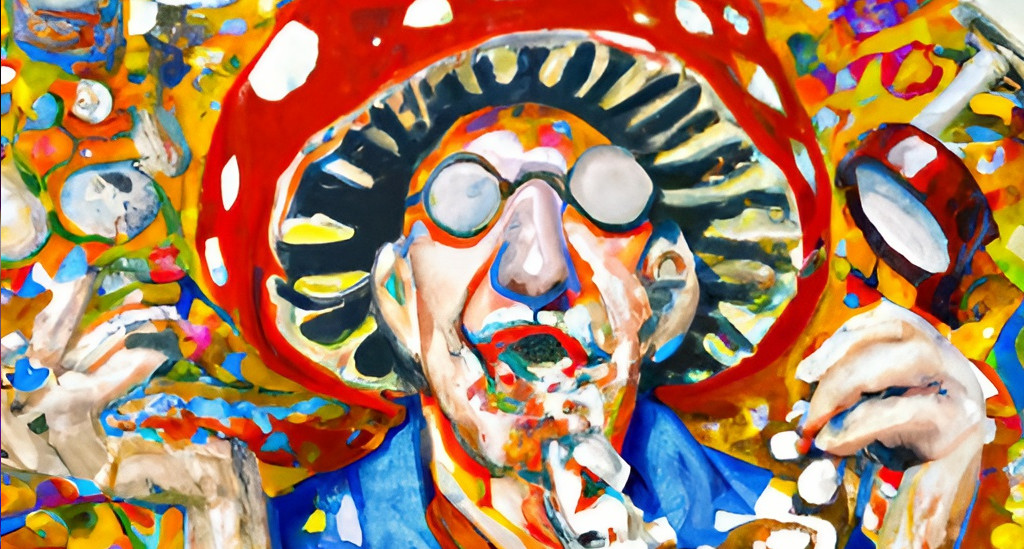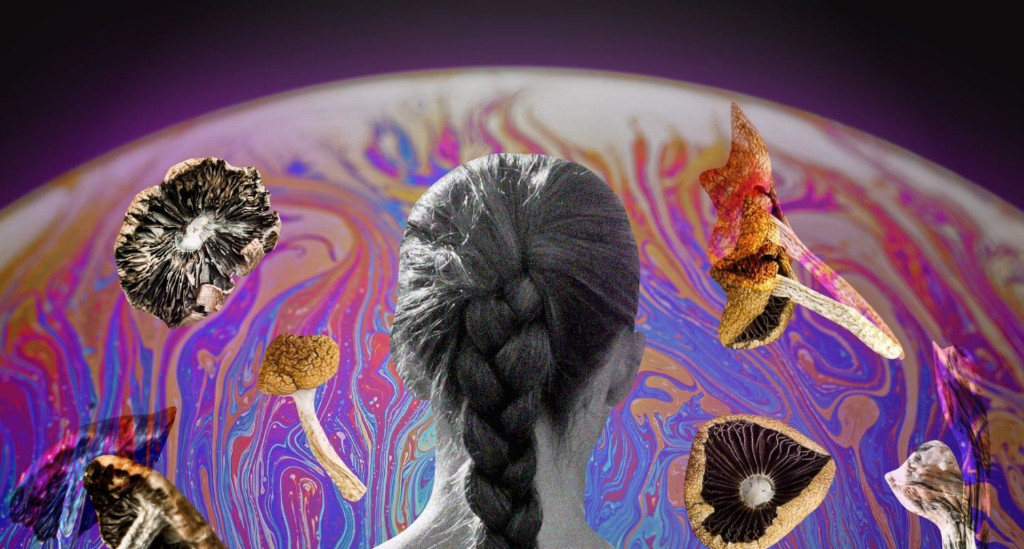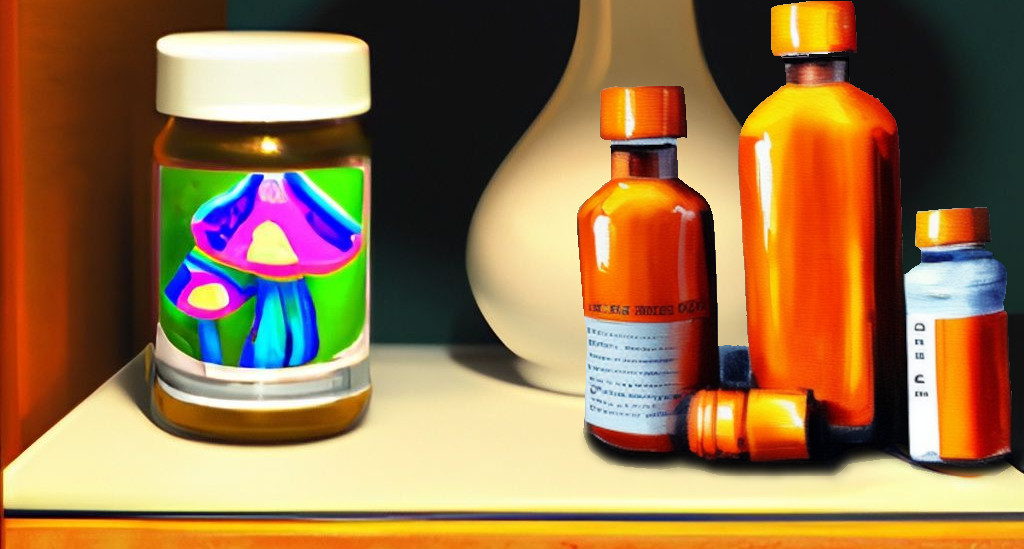Microdosing
In recent years, a growing body of anecdotal evidence and scientific studies has highlighted the benefits of microdosing magic mushrooms (psilocybin) for mental wellness.
Microdosing involves taking small, sub-perceptual doses of psilocybin, a naturally occurring compound found in certain species of mushrooms. This practice has gained popularity as a tool for managing mental health issues such as depression, anxiety, PTSD, and addiction.
In this article, we will delve into the benefits of microdosing mushrooms, provide specific examples of how it has helped individuals, discuss relevant studies, and explore the current legal status of magic mushrooms.
Microdosing for Depression
Depression is a debilitating mental health condition affecting millions worldwide. Studies have shown promising results in using microdoses of psilocybin to alleviate depressive symptoms. For instance, a study conducted by the Imperial College London found that individuals with treatment-resistant depression experienced significant improvements in mood, reduced symptoms, and increased emotional well-being after a 6-week microdosing regimen.
Microdosing for Anxiety
Anxiety disorders, including generalized anxiety disorder and social anxiety disorder, can greatly impact a person’s quality of life. Research on microdosing psilocybin for anxiety is limited, but preliminary evidence suggests potential benefits. A study published in the Journal of Psychopharmacology found that microdosing participants reported reduced anxiety and increased feelings of calmness, without impairing cognitive function or inducing psychedelic experiences.
Microdosing for PTSD
Post-traumatic stress disorder (PTSD) can cause severe distress and impair daily functioning. While further research is needed, microdosing psilocybin has shown promise in managing PTSD symptoms. A small study published in the Journal of Psychopharmacology examined the effects of microdosing on individuals with PTSD and reported a reduction in hyperarousal symptoms, improved mood, and better overall functioning.
Microdosing for Addictions
Addiction is a complex condition that affects both physical and mental well-being. Emerging evidence suggests that microdosing mushrooms may play a role in addiction treatment. A study published in the Journal of Psychopharmacology demonstrated that microdosing psilocybin helped individuals with tobacco addiction reduce their smoking habits. Participants reported decreased cravings and an increased sense of self-efficacy in overcoming addiction.
Relevant Studies
- Imperial College London’s study on treatment-resistant depression and microdosing psilocybin
- Journal of Psychopharmacology’s study on microdosing psilocybin for anxiety and cognitive function
- Journal of Psychopharmacology’s study on microdosing psilocybin for PTSD symptoms
- Journal of Psychopharmacology’s study on microdosing psilocybin for tobacco addiction
Legal Status of Magic Mushrooms
The legality of magic mushrooms varies across countries and states. In the United States psilocybin is currenty classified as a Schedule I controlled substance at federal level. However, several states have taken steps to decriminalize or legalize psilocybin for medical or therapeutic purposes. The DEA has publicly stated that “the cats out of the bag” and they are no longer pursuing psilocybin prosecutions on a federal level. And so, many companies are coming online to supply specifically “microdosing products” to meet the demand of those who are desperately in need of an effective and natural solution for their depression, anxiety, PTSD or addictions.
The bottom line is, the legal landscape is changing rapidly, which is making this natural wellness solution available to more of those who need it.
Internationally, the legal status of magic mushrooms also varies. For example:
- In Brazil, the Supreme Court decriminalized the possession and cultivation of small amounts of psilocybin mushrooms for personal use in 2020.
- In the Netherlands, the sale of magic mushrooms in smart shops is prohibited, but possession and use are tolerated.
- In Canada, psilocybin is classified as a Schedule III substance, meaning it is illegal but can be obtained with a prescription for medical purposes. In August 2020, the Canadian Minister of Health granted an exemption to allow certain patients with end-of-life distress to access psilocybin-assisted therapy.
It’s worth noting that the shifting perception and increasing research on the therapeutic potential of psilocybin are gradually influencing discussions and policies surrounding its legality.
Conclusion
Microdosing psilocybin has shown encouraging results in alleviating symptoms of depression, anxiety, PTSD, and addiction, offering a potential alternative or complementary approach to conventional treatments.
However, it is crucial to approach microdosing with caution and responsibility. Consulting with a qualified wellness coach, healthcare professional or therapist experienced in psychedelic-assisted therapy is highly recommended before embarking on any microdosing regimen. They can provide guidance, ensure safe usage, and help integrate the experiences into a broader framework of mental health care.
Furthermore, it is important to remember that microdosing mushrooms should not be considered a standalone solution. It should be seen as part of a comprehensive mental health treatment plan, including therapy, lifestyle changes, and support systems.
The progressive legalization and decriminalization efforts reflect a growing recognition of the therapeutic benefits of microdosing mushrooms, which is allowing easier access to these needed remedies.
Disclaimer: This article is for informational purposes only and should not be considered medical or legal advice. Consult with a healthcare professional or legal expert for personalized guidance and to understand the laws and regulations specific to your jurisdiction.
